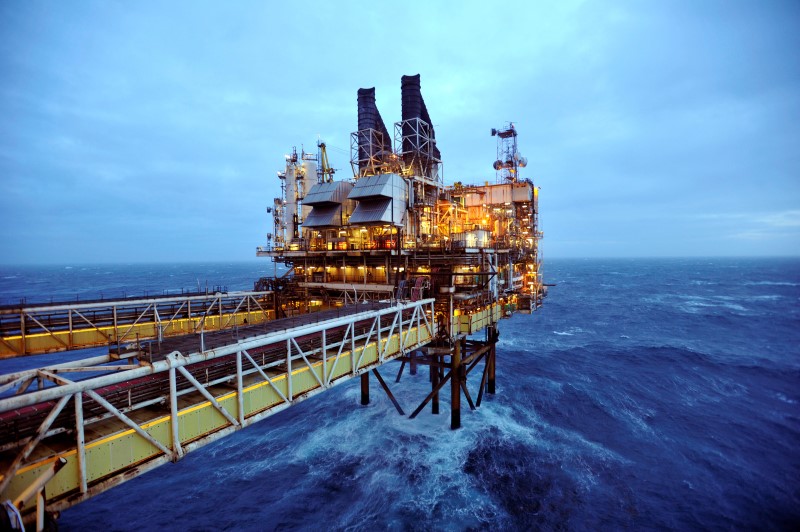Denmark pins green credentials on end to North Sea oil hunt
Denmark hopes that by deciding to stop its search for North Sea oil and gas it can become a credible trailblazer in fighting climate change, its climate minister said

Denmark hopes that by deciding to stop its search for North Sea oil and gas it can become a credible trailblazer in fighting climate change, its climate minister said.
The decision to end all oil and gas exploration and extraction in the North Sea by 2050 came after Denmark this year set an ambitious target of reducing greenhouse gas emissions by 70% by 2030 and being climate neutral in 2050.
“Oil revenues from the North Sea has to a large degree funded our welfare state for more than four decades,” Danish Climate and Energy Minister Dan Jorgensen said in an interview.
“We make no secret of the fact that this is expensive, but our hope is that others will look at us and see that it can be done,” he said, adding that Denmark would “lack credibility” if it was fossil fuel free but still extracted and exported them.
Denmark is the biggest producer in the European Union, but lags some way behind Norway and Britain.
The Danish Energy Agency estimates that production will be 9% to 15% lower up to 2050 than without the decision, which corresponds to as much as 150 million barrels of oil equivalent.
Cancelling future tenders and an imposing an end-date in 2050 is estimated to translate to a total loss of 13 billion Danish crowns ($2.1 billion) for Denmark, whose daily production is projected to average 83,000 barrels of crude oil and 21,000 barrels of oil equivalent in 2020.
However, Danish production is expected to rise by around a third towards the middle of the decade as renovation of major platforms is completed.
Around 135 million cubic meters of oil and 77 billion cubic meters of natural gas are left in Denmark’s North Sea fields, the Danish Energy Agency estimated in September.